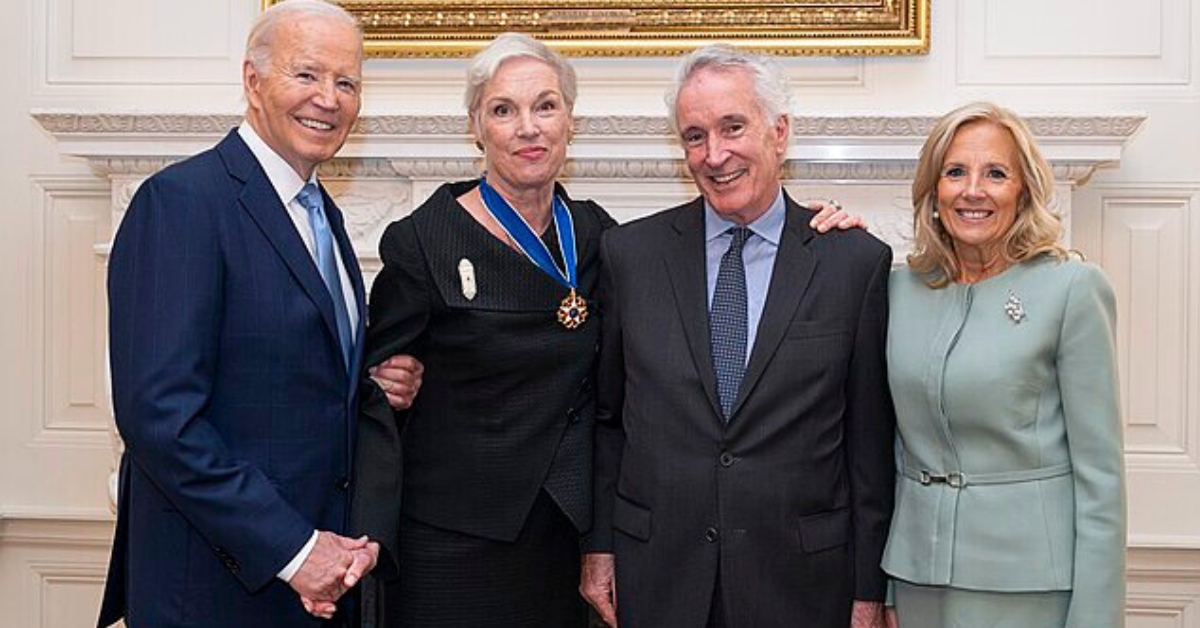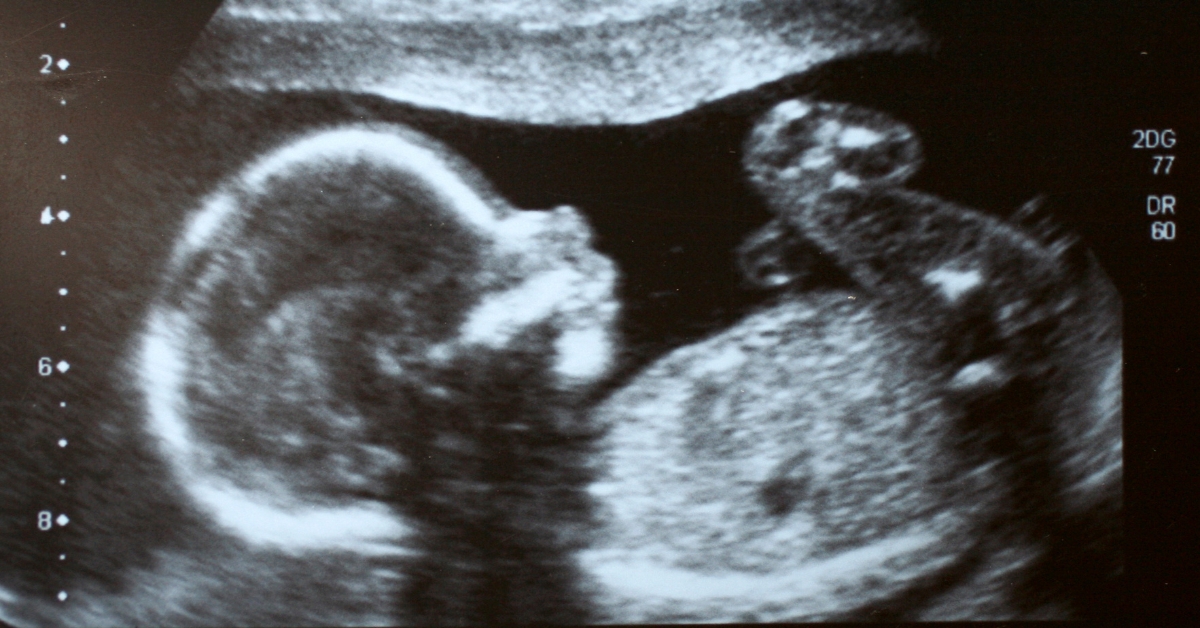
19 States Contemplate Assisted Suicide Laws Amid Ethical Debates
In a stark revelation of America’s changing moral and ethical landscape, 19 states are now contemplating legislation that would legalize assisted suicide, marking a significant shift in the public discourse surrounding the ‘right to die.’ This emerging trend underscores a growing debate amongst Americans. For example, Virginia lawmakers recently advancing a bill to the state Senate that would permit doctors to euthanize patients diagnosed with terminal illnesses. Meanwhile, Arizona’s proposed legislation could potentially allow patients to direct doctors to withhold essential sustenance like food and water.
These developments have ignited a firestorm of controversy, with the Catholic Church expressing deep concern and sadness. Bishops Michael Burbidge and Barry Knestout from Virginia have voiced opposition, emphasizing that patients deserve high-quality medical, palliative, and hospice care—not a prescription for death. Their stance highlights a fundamental clash between the autonomy of individual choice and the ethical duty to preserve life.
Proponents of assisted suicide legislation argue for personal autonomy, citing the dignity and freedom of individuals facing terminal illnesses to make informed decisions about their demise. Democratic Rep. Jennifer Wexton, suffering from progressive supranuclear palsy, takes this viewpoint, advocating for the dignity, freedom, and peace of mind of terminally ill Virginians.
However, the Catholic Bishops’ statement reminds us of the profound need for compassion and care for those at life’s end. They rightly point out that offering suicide drugs is not the solution to alleviate suffering. This perspective is crucial as we navigate the ethical minefield of assisted suicide, emphasizing the importance of holistic care that addresses the physical, emotional, and spiritual needs of patients.
The statistics from the 23 years of legal assisted suicide in the U.S. are sobering, with over 5,330 individuals choosing death through this method. This stark figure raises questions about the societal acceptance of suicide as a solution to suffering and the potential slippery slope towards more permissive euthanasia practices.
Arizona’s bill, allowing doctors to withhold food and liquids from patients under certain conditions, introduces a dangerous precedent that could lead to ethical dilemmas and potential abuse. The immunity granted to physicians from criminal or civil liability in such cases further complicates the moral landscape, potentially paving the way for decisions that could lead to involuntary euthanasia.
The example of Canada’s medical assistance in dying (MAID) program serves as a cautionary tale for the United States. The expansion of MAID to include mental illnesses, such as depression, illustrates the risks of broadening assisted suicide laws without thorough consideration of the consequences. This approach simplifies complex human problems, offering a “quick and tidy solution” that ultimately undermines the value of human life and moral judgment.
As the United States grapples with these legislative proposals, it is imperative to approach the issue of assisted suicide with caution, ethical rigor, and a deep commitment to the sanctity of life. The debate should not be framed solely in terms of individual autonomy but must also consider the broader societal implications, the potential for coercion, and the duty to provide compassionate care to those in their most vulnerable moments.














